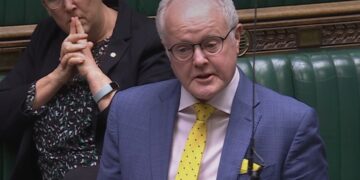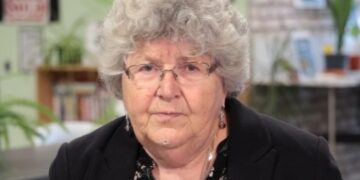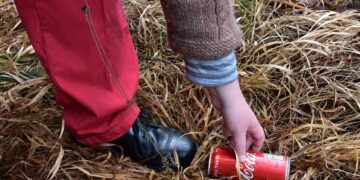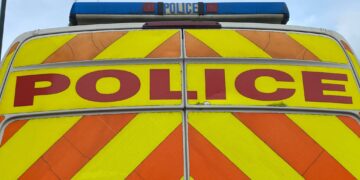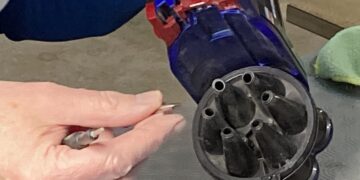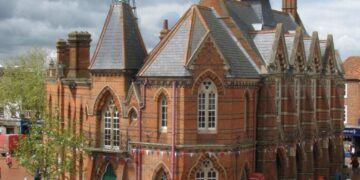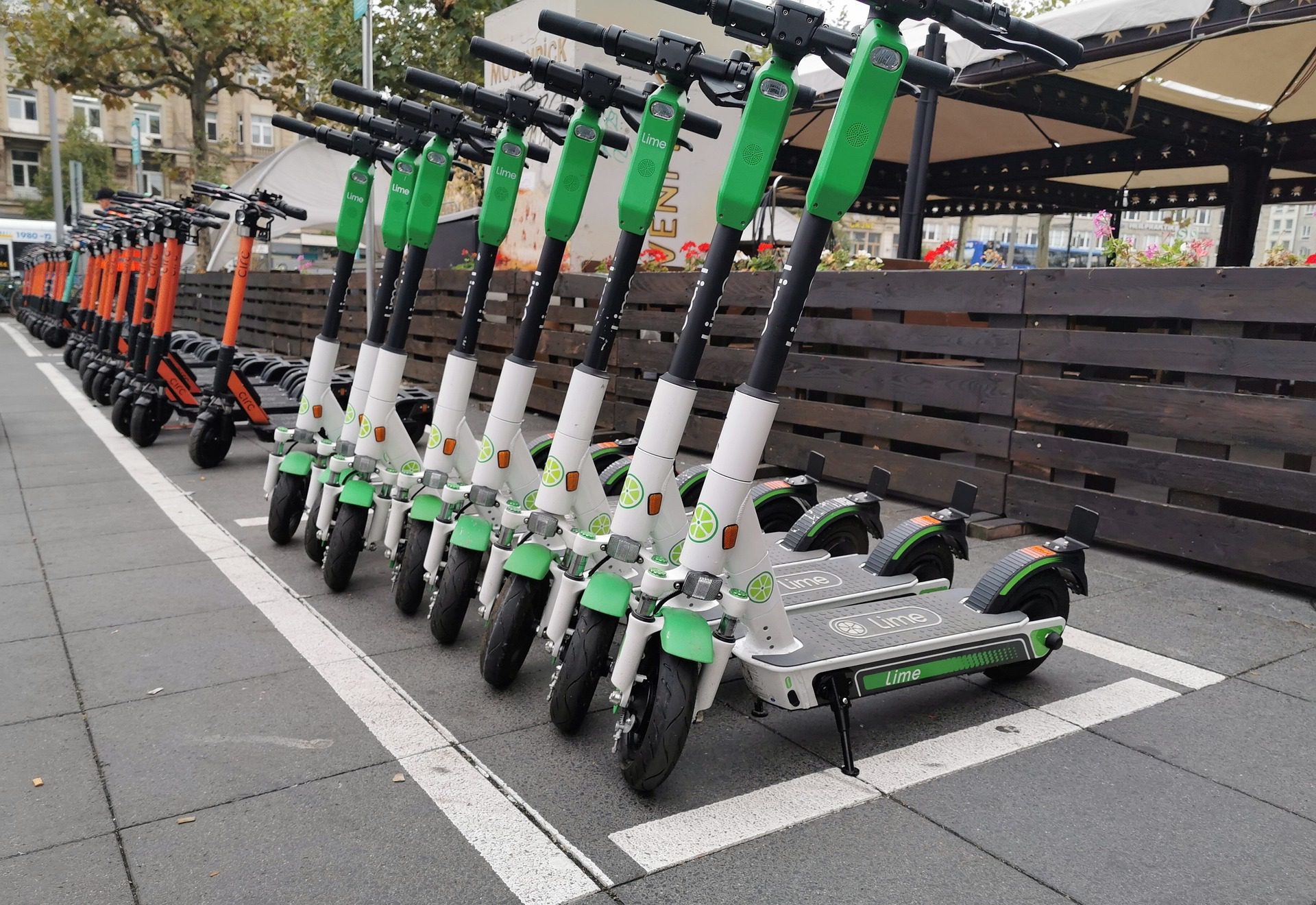
By Cllr Paul Fishwick
At the Annual Council meeting on 19th May I was delighted to be given the role of Executive Member for Active Travel, Transport and Highways.
With a professional background in local government working for 43 years in the Highways and Transport sector before my early retirement in 2018, I understand the challenges faced by officers in managing and improving our travel network, but also the great opportunities which we have if we design a network fit for the future.
I was elected to Wokingham Borough Council in May 2019, representing the Winnersh ward and have held the Liberal Democrat shadow brief for highways and transport since then.
This role I know will be busy.
Everyone has a view as everyone uses the highway, and there is an understandable demand to make things better.
In announcing my appointment, council leader Clive Jones stressed the importance of active travel within my brief.
In the past this was often a poor relation to the focus on traditional highways and motorised transport, and this has contributed to the issues we face with congestion, air pollution and carbon dioxide emissions.
The Lib Dem manifesto promised a focus on improving conditions for walking and cycling and it is my job to deliver this, while keeping other aspects of our network safe and fit for purpose.
So, what is Active Travel?
The term covers any mode of travel that involves some level of activity. It includes walking, cycling, ‘wheeling’ in various forms and generally their e-equivalents, including most likely in future e-scooters.
Despite the potential benefits of active travel, we currently make around 60% of journeys which are five miles or less by car. What has been built is a transport network where people simply don’t believe it is safe or convenient to do otherwise.
This can’t be changed overnight, but with investment and other changes to improve safety, speed and convenience there is plenty of evidence that people will choose walking (up to 1km) and cycling (up to 5km) for these shorter journeys. This will free up the roads for deliveries and journeys which need to be made by car.
For longer journeys, we can integrate Active Travel routes with bus and rail. Travel by bus and rail is a safe mode to use and increasingly has the benefits of free wi-fi and mobile charging facilities, so you can work whilst travelling.
As outlined in the government’s transport decarbonisation plan, improved Active Travel routes will encourage more people to walk and cycle.
Aside from any other benefits, the climate emergency demands that we make these changes. Active travelling reduces congestion and is a cost-effective way of reducing transport air and noise pollution both of which deliver health and economic benefits. It’s thought that between 28,000 to 36,000 early deaths occur each year in the UK are attributable to air pollution. In areas where air quality breaches legal limits, 80% of roadside nitrogen dioxide is from road transport.
The Department of Transport also calculate that physical inactivity costs the NHS up to £1bn a year with additional indirect costs of up to £8.2bn. The NHS prescribes exercise to protect against anxiety and depression, and for those who can there is no easier way to achieve this than to build it into your daily travel routine.
There is rarely a ‘silver bullet’ to solve our problems, but more of us active travelling may be as close to one as we will find in the near future. It has the potential to help everyone – including those who need to drive and who waste time due to congestion. I am excited to have the opportunity to work with our local officers to deliver on this opportunity.
Councillor Paul Fishwick is the executive member for active travel, transport and highways, and Lib Dem ward member for Winnersh

